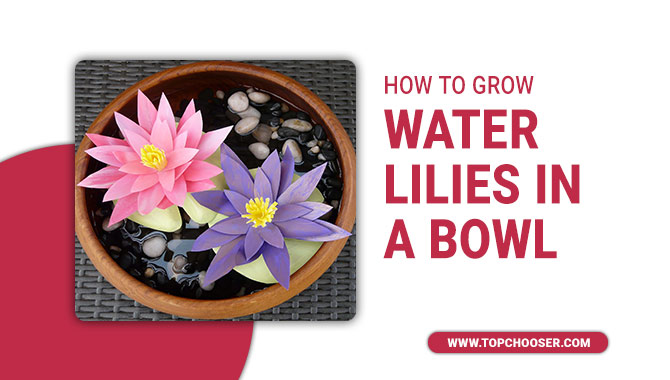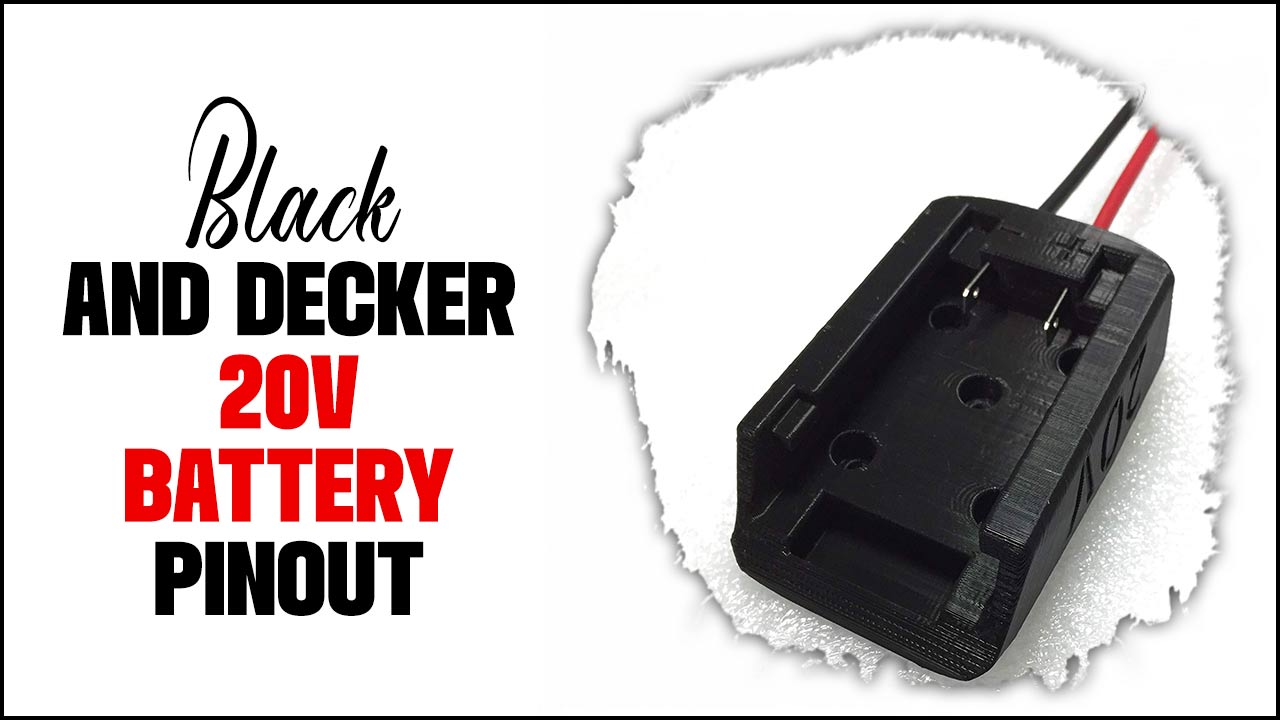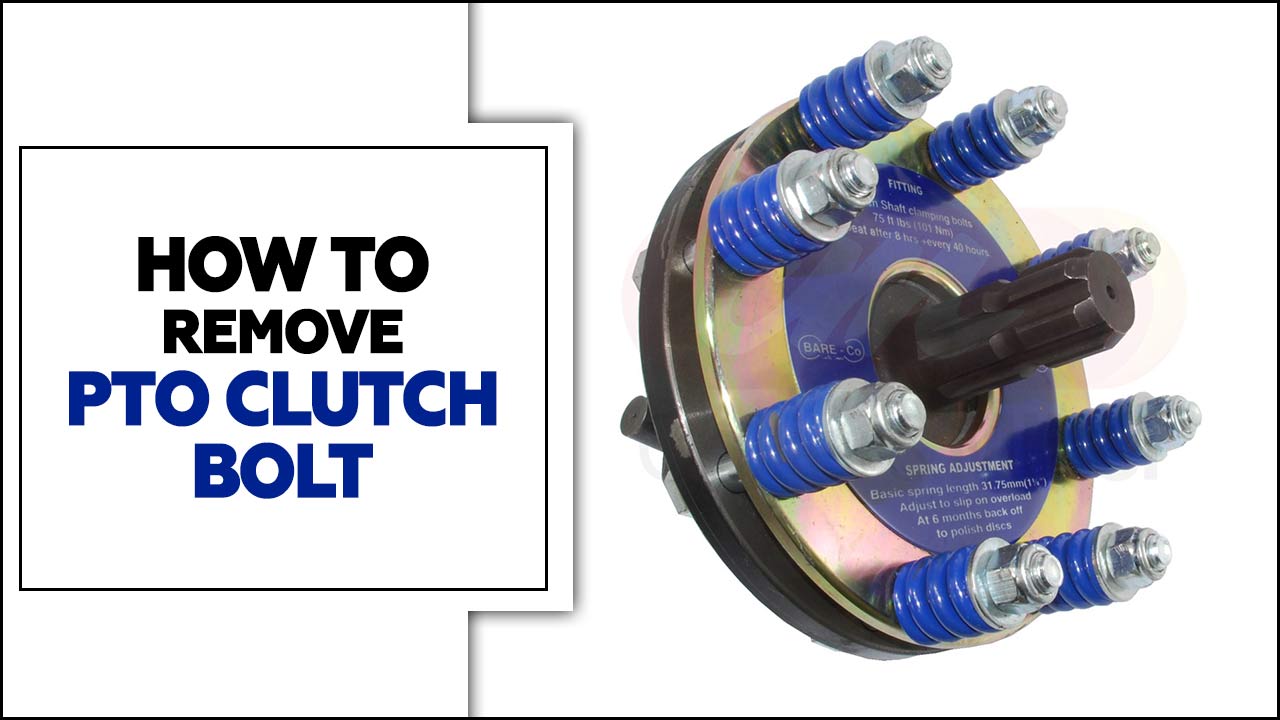Have you ever wondered about the lights in your home? Those bright LED bulbs might seem harmless, but do they emit UV light? This question is important for everyone. After all, we spend a lot of time under artificial lights.
Imagine cozying up on the couch with a good book, surrounded by glowing LEDs. It’s relaxing, right? But what if those lights were also giving off something else—like UV rays? It sounds surprising!
Here’s a fun fact: some light sources do emit UV light, which can be harmful in large amounts. So, it’s worth exploring how LED bulbs fit into this picture. Are they safe for our skin? Do they pose any risks when used frequently?
Let’s dive into the world of LED bulbs and find out if they emit UV light. You might be surprised by what you learn!
Do Led Bulbs Emit Uv Light? Understanding Uv Emission From Leds
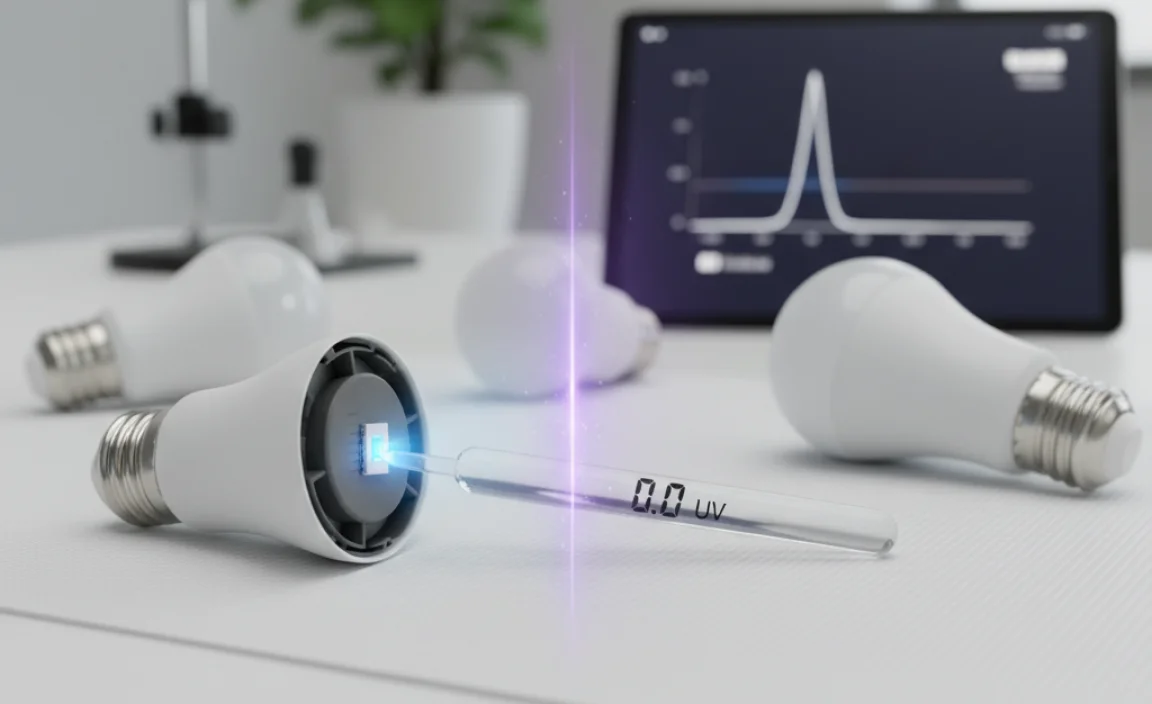
LED bulbs are popular for their efficiency, but do they emit UV light? The answer is mostly no. Most LED bulbs produce very little ultraviolet light, making them safe for everyday use. This is a relief for those worried about skin damage or fading furniture. Did you know that while sunlight has high UV levels, LED lighting is much gentler? Understanding this helps you choose the right lighting without harming your health. Curious about how your lights affect your home?
What Are LED Bulbs?
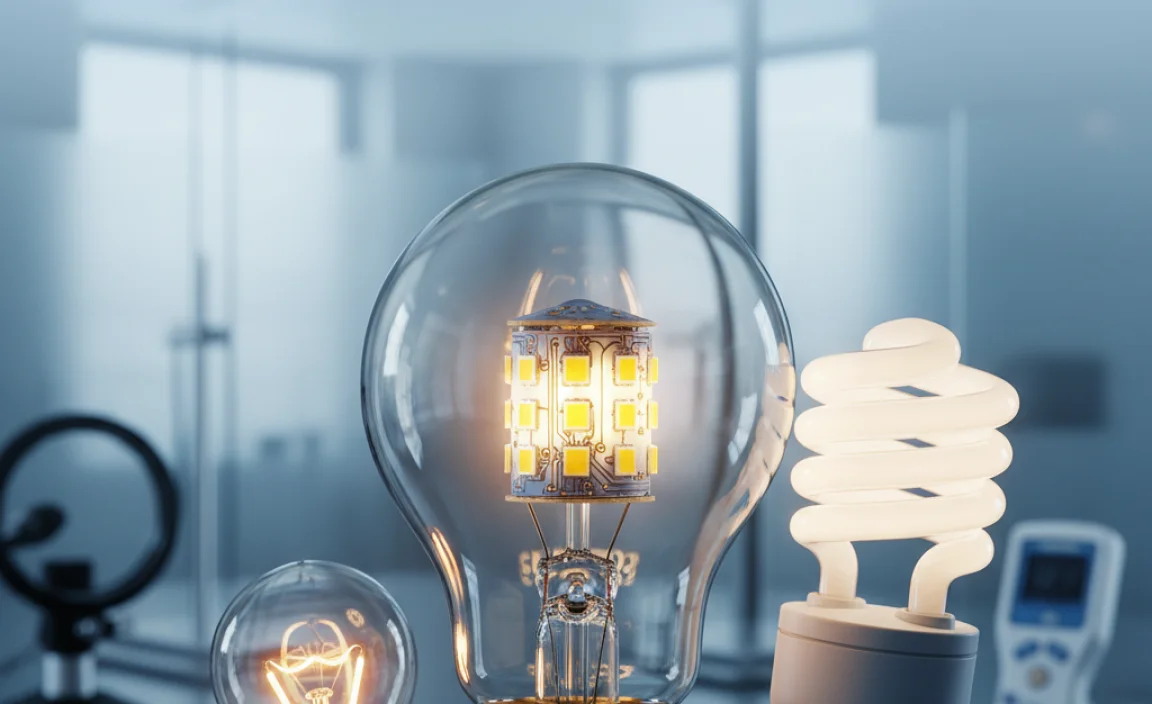
Definition and basic functioning. Comparison with traditional lighting options.
LED bulbs are a modern way to light up spaces. They use a special kind of light called light-emitting diode to shine brightly and use less energy. Unlike traditional bulbs, LEDs don’t waste much power. They also last much longer, which is great for your wallet.
- LED bulbs last up to 25,000 hours.
- Incandescent bulbs last about 1,000 hours.
- LEDs use about 75% less energy than incandescent bulbs.
With a simple design and bright light, LED bulbs are perfect for homes and schools alike.
Do LED bulbs emit UV light?
LED bulbs emit very little UV light. Unlike some traditional bulbs, they are safer for your skin and eyes.
Understanding UV Light
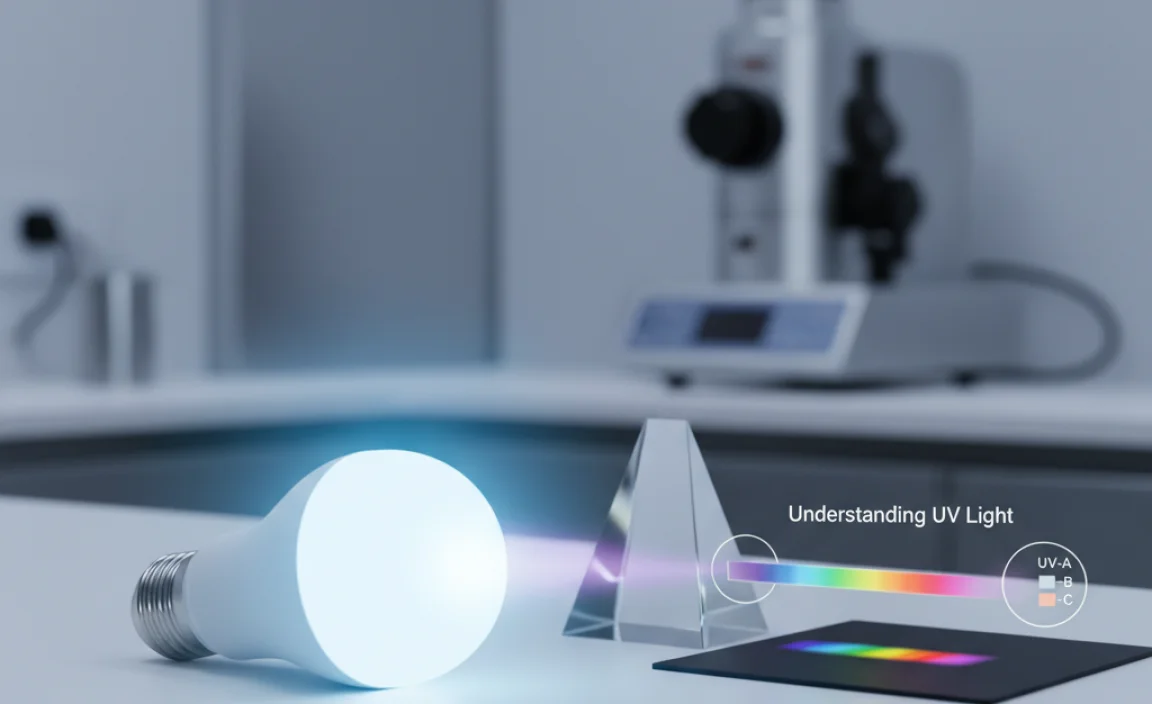
What is ultraviolet light?. Different types of UV light: UVA, UVB, UVC.
Ultraviolet (UV) light is part of sunlight. It’s invisible to our eyes, but it can still affect us. There are three types of UV light:
- UVA: This reaches deep into our skin. It can cause aging and wrinkles.
- UVB: This affects the outer layer of skin. It can cause sunburns and skin cancer.
- UVC: This is the most powerful. Luckily, it is mostly blocked by the Earth’s atmosphere.
Understanding these types helps us protect our skin from harm.
Do led bulbs emit uv light?
No, LED bulbs generally do not emit UV light. They are safe for everyday use and do not cause skin damage like some other light sources.
Do LED Bulbs Emit UV Light?
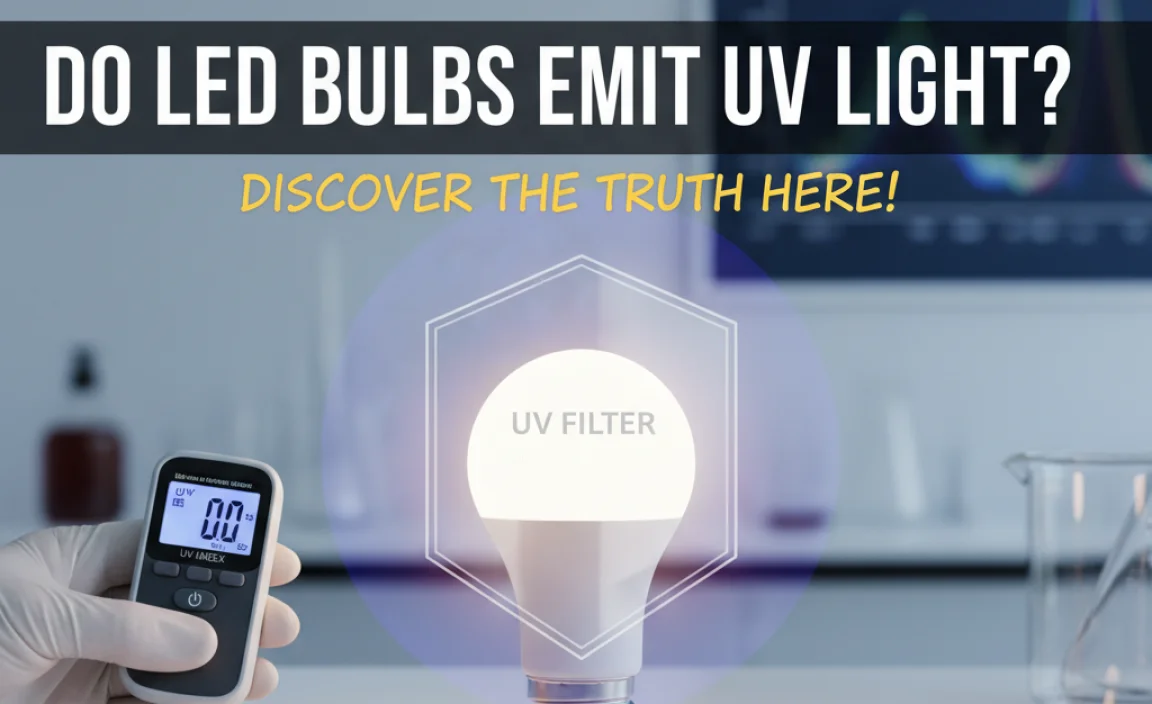
Explanation of UV emission in LED technology. Comparison with other light sources’ UV output.
LED bulbs create light in a different way than old bulbs. They use electricity to light up a tiny chip. This process does not produce much UV light. In fact, compared to other sources like sunlight or fluorescent bulbs, LEDs emit very little UV. This means they are safer for your skin and eyes. Here’s how LED bulbs stack up:
- LEDs: Very low UV emission.
- Fluorescent bulbs: Moderate UV levels.
- Sunlight: High UV levels, must be cautious.
Choosing LEDs helps protect you from harmful UV rays.
Do LED bulbs emit UV light?
LED bulbs emit very little UV light compared to traditional light sources, making them a safer option for everyday use.
Health Implications of UV Emissions from Lighting
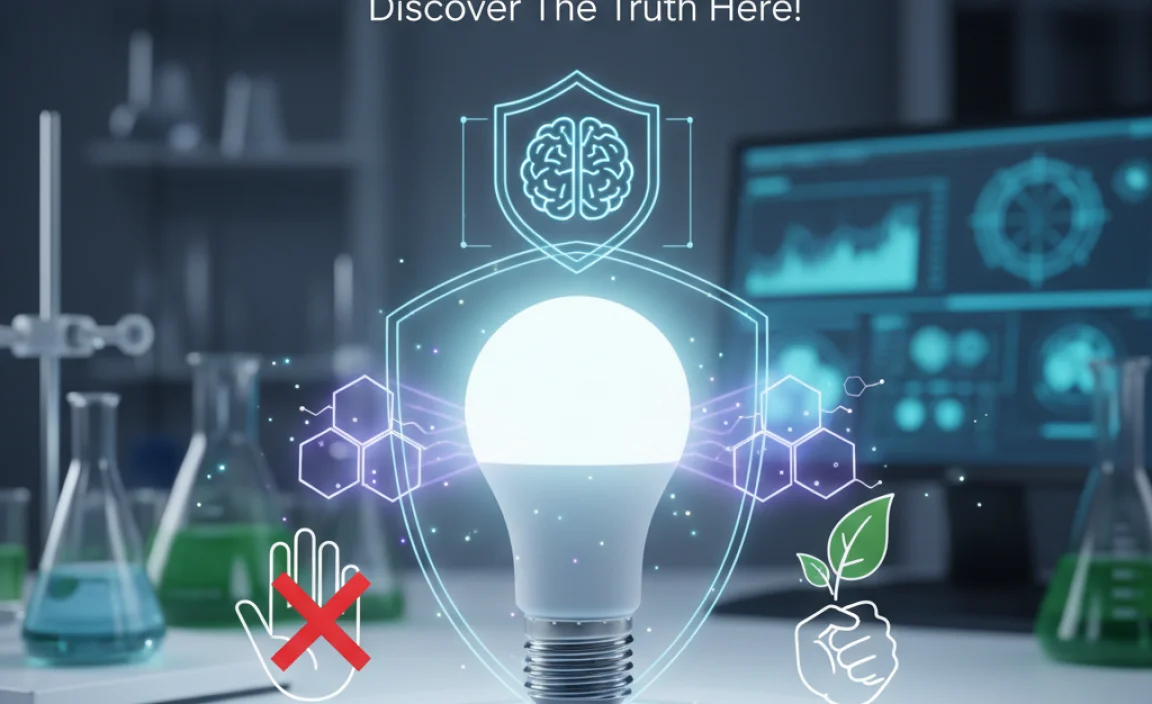
Potential risks associated with UV exposure. Groups most at risk and preventive measures.
UV lights can cause problems for your skin and eyes. Too much exposure can lead to sunburn or even worse issues like skin cancer. Young children and people with sensitive skin are the most at risk. Preventive measures are simple: use lighting with low UV emissions, like LED bulbs, and wear protective clothing when outside. Remember, just because it’s cloudy doesn’t mean you’re safe! Fun fact: your shadow can’t protect you from UV rays!
| At-Risk Groups | Preventive Measures |
|---|---|
| Children | Wear hats and sunscreen |
| People with sensitive skin | Choose low UV lights |
| Outdoor workers | Use protective gear |
LED Bulbs and UV Light: The Environmental Aspect
Impact of UV emissions on ecosystems. Sustainability and energy efficiency of LED technology.
LED bulbs are great for our planet. They use less energy and last longer than regular bulbs. This makes them more sustainable. Unlike some lights, LEDs emit little to no UV light. This is good for plants and animals. UV light can harm small creatures and ecosystems. Using LED lights helps protect our environment.
Do LED Bulbs Emit UV Light?
No, LED bulbs emit very little to no UV light. This makes them safer for both people and nature compared to other lighting options.
Benefits of LED Technology:
- Energy-efficient
- Minimal heat production
- Long-lasting lifespan
- Environmentally friendly
Choosing the Right LED Bulbs
Tips for selecting UVsafe LED options. Notable brands offering low UV emission bulbs.
Choosing LED bulbs can be fun and smart! Look for UV-safe options to keep your home safe. Here are some handy tips:
- Check for low UV emission ratings.
- Look for brands known for safety, such as Philips, Sylvania, and GE.
- Read the packaging carefully; it usually tells you about UV levels.
- Opt for bulbs labeled “UV free” or “low UV”.
These easy tips will help you find bright lights that keep you safe!
Do all LED bulbs emit UV light?
Not all LED bulbs produce UV light. Some are designed to emit very low levels of UV radiation. Always check the label when choosing them to be safe.
Addressing Common Myths About LED Bulbs and UV Light
Debunking misconceptions surrounding LED usage. Evidencebased insights and expert opinions.
Many people think that LED bulbs are like little sunblocks—put them in your home, and the UV rays start bouncing around. Not true! LEDs produce very little UV light, much less than traditional bulbs. In a study, experts found that LEDs can cut UV exposure by over 90%. So, you’re safe! Plus, you won’t catch a sunburn from your living room. That’s like trying to roast marshmallows over a flashlight!
| Myth | Truth |
|---|---|
| LEDs emit harmful UV rays. | They emit very low amounts of UV light. |
| LEDs are bad for your skin. | They’re safer and less harmful than older bulbs. |
In conclusion, using LED bulbs might not turn you into a crispy critter! They save energy and keep the burns away. Who knew saving the planet could also mean staying sunburn-free?
Future of LED Technology and UV Emission Research
Innovations in LED technology to reduce UV output. Ongoing studies and potential regulations.
Advancements in LED technology focus on minimizing UV light emissions. Scientists are exploring innovative designs that aim to cut UV output to safer levels. These innovations could protect people and the environment. Ongoing studies are crucial. They help determine how much UV light is emitted from different LED types. Potential regulations may soon guide the production of safer LED bulbs. This ensures every home benefits from brighter light without UV risks.
Do LED bulbs emit UV light?
Yes, some LED bulbs emit low levels of UV light. However, they typically emit much less UV light than traditional bulbs. It’s important to choose the right products for safety.
Do LED bulbs emit UV light?
Generally, LED bulbs emit very low levels of UV light. This means they are safer than other bulbs, like fluorescent lights. Most household LED bulbs produce little to no UV radiation.
Common Questions
- Are LED bulbs safe to use? Yes, they are safe and energy-efficient.
- Can LED bulbs cause skin damage? No, their low UV output doesn’t harm skin.
- Do other light sources emit more UV light? Yes, many older bulbs, like halogens, do.
Choosing LED lights helps you save energy and stay safe. With LED bulbs, you can enjoy bright light without worrying about UV exposure. Isn’t that great?
Conclusion
In conclusion, LED bulbs emit very little UV light compared to traditional bulbs. This makes them safer for your skin and eyes. They also save energy and last longer. If you want to make smart choices for your lighting, consider using LED bulbs. For more information, check out articles about energy efficiency and light safety.
FAQs
What Types Of Uv Radiation, If Any, Do Led Bulbs Emit Compared To Traditional Incandescent Or Fluorescent Bulbs?
LED bulbs do not produce much UV (ultraviolet) radiation. This makes them safer for your skin compared to incandescent and fluorescent bulbs. Incandescent bulbs emit a tiny bit of UV, and fluorescent bulbs emit more. So, using LED bulbs is a smart choice for light without much UV. We stay healthier with them!
Are There Specific Led Bulbs Designed To Emit Higher Levels Of Uv Light For Applications Such As Curing Or Sterilization?
Yes, there are special LED bulbs that give off more UV light. These bulbs help things like curing, which means making stuff hard, or sterilizing, which means killing germs. We use them in places like hospitals and factories. They are different from regular LED bulbs, which don’t make much UV light. So, if you need UV light, you should look for these special bulbs!
How Does The Uv Emission Of Led Bulbs Impact Human Health And Safety In Indoor Environments?
LED bulbs give off very little UV light, which means they’re safer for us indoors. UV light can hurt our skin and eyes, but with LED bulbs, we don’t have to worry much about that. You can use them in your room without feeling unsafe. Overall, they are a good choice for bright and safe indoor lighting.
Can Led Bulbs Be Used In Situations Where Uv Light Is Necessary, Such As For Growing Plants Or In Certain Scientific Applications?
LED bulbs usually don’t give off UV light, which some plants need to grow. You might need special UV lights for plants that need it. In science, some experiments need UV light, too. So, for growing or scientific work, you need the right type of light. Always check if your plants or experiments need UV first!
What Precautions Should Be Taken When Using Led Bulbs That May Emit Uv Light In Residential Settings?
When using LED bulbs that might give off UV light, keep a few things in mind. First, avoid sitting too close to the light for a long time. Second, cover any skin that gets a lot of light. You can also use curtains or shades to block the light. These steps help keep you safe from UV rays.




